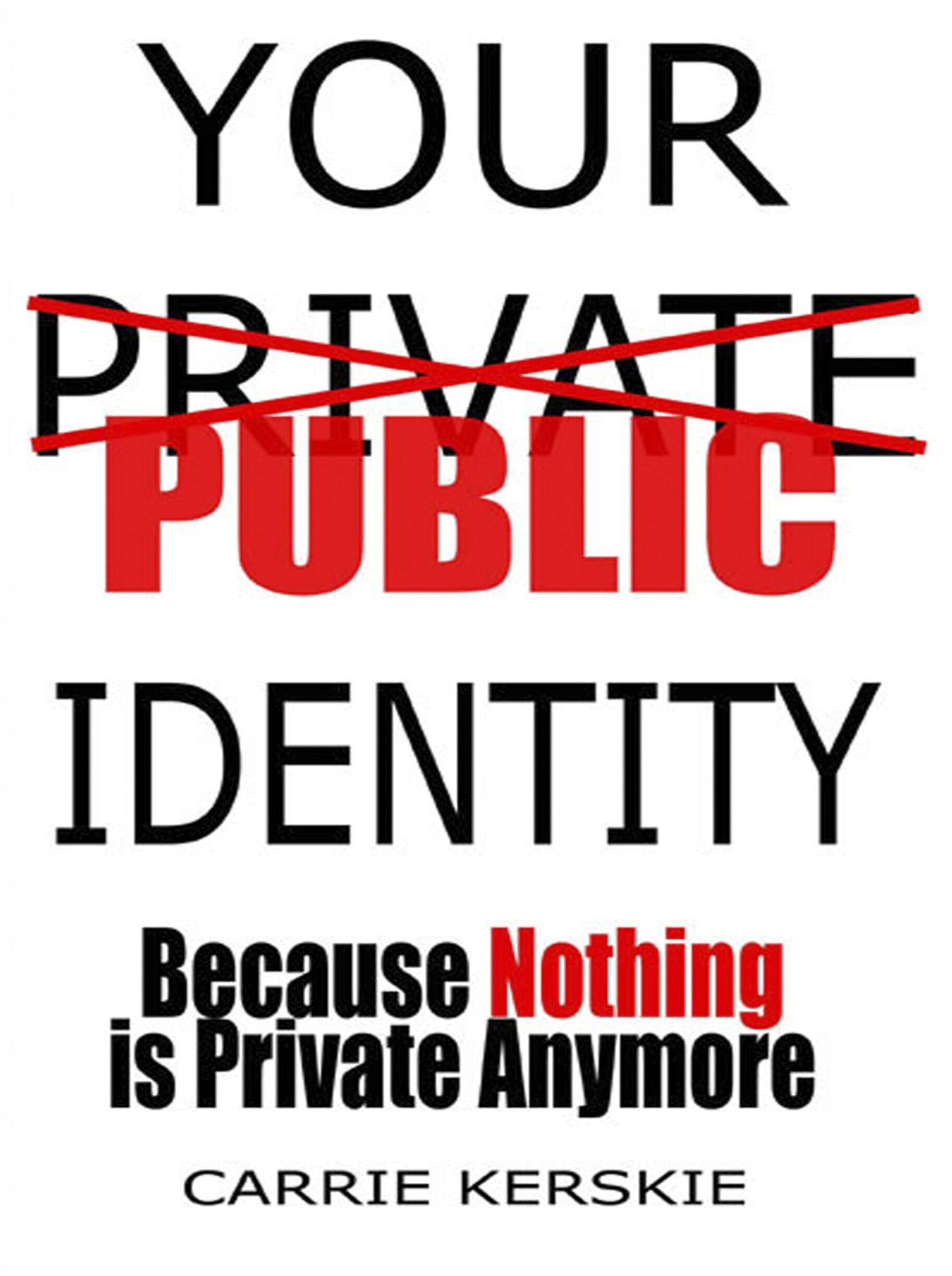We all know how stressful living in an age where news is more accessible than ever can be. With a 24-hour news cycle and a never-ending stream of information available at our fingertips, it’s easy to feel like we’re constantly bombarded with world events, politics, and economical issues.
While being informed is still extremely important, the constant barrage of news can cloud our judgment more than we’d like to think it does. Cyber criminals know this better than anybody, and love to take advantage of the fear and panic created by what’s in the headlines; the recent chaos involving the Silicon Valley Bank closures being a perfect example.
Silicon Valley Bank
If you haven’t seen the news lately, there’s been a surge of panic over the financial failure of two reasonably size banks, Silicon Valley Bank and Signature Bank.
Without going into too much detail about what happened, the bank’s investments weren’t even close to the value of their customer’s deposits. So when a bunch of the customers withdrew their money, the bank ended up in billions of dollars of debt.
(If you want to read more, here’s an article that goes more in depth on the story)
Unfortunately, the threat of a “potential banking crisis” isn’t the only thing you have to worry about. Criminals won’t turn down a good opportunity and are already working towards turning this event into a way to make money off innocent people.
Scammers are targeting individuals who are concerned about their economic security after this bank’s failure and have already started trying to trick people into giving out their financial information.
One way they’re doing it is by pretending to be a representative from your current bank. They will state that your money was held in an account that had connections to Silicon Valley and that they need a new routing number to safely transfer your assets.
Under normal circumstances, this may sound obviously sketchy, but fear and panic are great motivators for people to make rash decisions.
But the Silicon Valley Bank closures are only a recent example of criminals benefiting of what we see in the news. There are plenty of other situations where events heavily reported by the media have spawned some popular scams.
Natural Disaster Scams
This is something we’ve touched on before in a previous newsletter after Hurricane Ian struck southern Florida. When natural disaster strike such as hurricanes or earthquakes, criminals may pose as relief workers or charities to solicit donations. They’ll create real websites and social media pages to try to appear as legitimate as possible.
COVID-19 Scams
A bit outdated currently, but since the beginning of the pandemic, scammers have taken advantage of people’s fears about the virus affecting their livelihood. Fake testing kits were sold online, medical information was harvested, and fraudulent business loans were offered by fraudsters.
War or Conflict Scams
Seen recently with the conflict over in Eastern Europe, cyber criminals may pose as soldiers or innocent people affected by the war, claiming to need money for bills or to help their families. Plenty of fake profiles, charities, or crowdfunding campaigns are started by scammers to elicit funds for their own benefit.
What should you take away from this?
Even though watching the news has it’s own share of pros and cons, we could all argue that it’s still important to stay up to date on current events.
However, it’s just as important to not let the media influence the way you think when it comes to decision making online. The methods you can use to protect yourself from news related scams, or any scam for that matter, stay the same.
Before you ever give money or information away, always verify the legitimacy of the organization or individual.
Additionally, don’t feel pressured to act quickly—no serious person or organization will every rush you, and this is a tell-tale sign that it’s a scam.
At the end of the day, a scam is a scam, regardless of the context. Being overly cautious about a suspicious message can make all difference when staying safe online.



